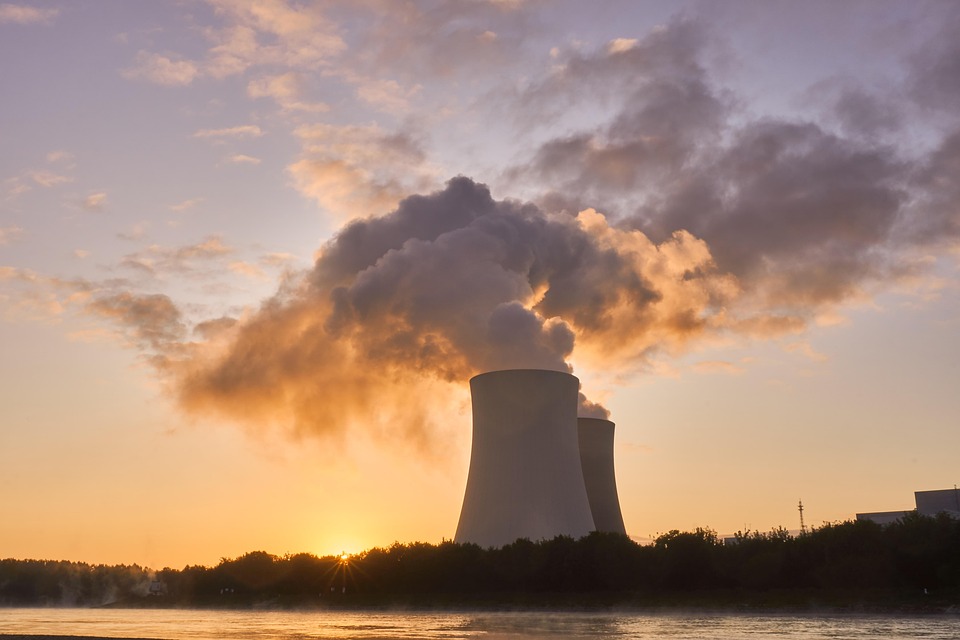Navigating the intricacies of an interview for a nuclear engineering position can feel akin to traversing a labyrinthine reactor core. It’s not merely about showcasing your technical prowess; rather, it’s a delicate dance of charisma, knowledge, and strategic thinking. Here are some invaluable insights to help you shine in your pursuit of a rewarding career in nuclear engineering.
Understanding the Fundamentals
-
Technical Knowledge: At the heart of any nuclear engineering role lies a robust understanding of nuclear physics, thermodynamics, and radiation safety. Brush up on key concepts like neutron behaviour, fission processes, and reactor design principles. Being able to articulate these ideas clearly can set you apart from the competition.
-
Current Trends: The nuclear industry is ever-evolving, with advancements in technology and shifts in regulatory frameworks. Familiarise yourself with contemporary developments such as small modular reactors (SMRs) and innovations in waste management. Demonstrating awareness of these trends during your interview could signal to employers your commitment to staying at the forefront of the field.
Soft Skills Matter
-
Communication: The ability to convey complex technical information in a comprehensible manner is crucial. Prepare to discuss how you would explain intricate concepts to colleagues from different disciplines or stakeholders with varying levels of understanding.
-
Teamwork: Nuclear engineering projects often involve collaboration across diverse teams. Be ready to share examples from your past experiences that highlight your ability to work harmoniously with others, solve conflicts, and drive collective success.
Preparing for the Unexpected
-
Behavioural Questions: Interviewers frequently utilise behavioural questions to gauge how you might react in real-world scenarios. Practise the STAR method (Situation, Task, Action, Result) to structure your responses effectively. Think of challenges you’ve faced and how you tackled them, particularly in academic or project settings.
-
Technical Challenges: Expect to be confronted with technical problems during the interview. These could range from theoretical questions to practical scenarios requiring analytical thinking. Approach these challenges methodically, and don’t shy away from discussing your thought process, even if you don’t arrive at a definitive answer.
The Importance of Questions
An interview is a two-way street. While you’re being assessed, it’s equally important for you to evaluate whether the organisation aligns with your values and aspirations. Prepare insightful questions that reflect your knowledge of the company and the industry. Consider asking about their recent projects, safety protocols, or their stance on sustainability in nuclear energy.
Post-Interview Etiquette
Once the interview concludes, a gracious follow-up can leave a lasting impression. A succinct thank-you email reiterating your enthusiasm for the role can set you apart from other candidates. It’s a simple yet effective way to remind them of your interest and professionalism.
Embarking on a journey to secure a position in nuclear engineering may seem daunting, but with the right preparation and mindset, you can navigate the process with confidence. Remember, CVPortal continuously provides high-quality CV references to assist you in crafting a standout application. By leveraging these resources, you can ensure that your professional narrative resonates with potential employers, paving the way for a successful career in nuclear engineering.


